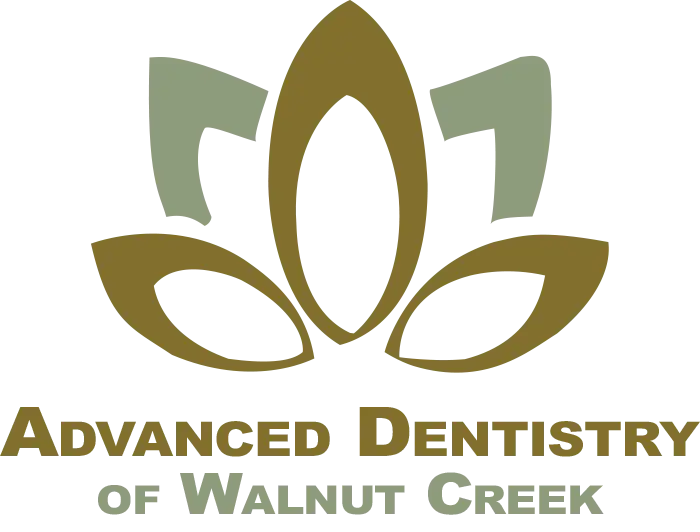![This is a thumbnail image of blog What is the Process for Getting Dental Veneers? This is a thumbnail image of blog What is the Process for Getting Dental Veneers?]()
What is the Process for Getting Dental Veneers?
Apr 28, 2022![This is a thumbnail image of blog Don’t Hold Back Your Smile In A Picture This is a thumbnail image of blog Don’t Hold Back Your Smile In A Picture]()
Don’t Hold Back Your Smile In A Picture
May 04, 2022![This is a thumbnail image of blog Welcome to Advanced Dentistry Of Walnut Creek This is a thumbnail image of blog Welcome to Advanced Dentistry Of Walnut Creek]()
Welcome to Advanced Dentistry Of Walnut Creek
May 09, 2022![This is a thumbnail image of blog Is It Better To Have an Orthodontist Apply Invisalign Aligners Than a General Dentist? This is a thumbnail image of blog Is It Better To Have an Orthodontist Apply Invisalign Aligners Than a General Dentist?]()
Is It Better To Have an Orthodontist Apply Invisalign Aligners Than a General Dentist?
Apr 28, 2022![This is a thumbnail image of blog Dental Emergency? Give Us A Call This is a thumbnail image of blog Dental Emergency? Give Us A Call]()
Dental Emergency? Give Us A Call
May 05, 2022
Types of Toothbrushes: Which Toothbrush Is Ideal For You?

Types of Toothbrushes: Which Toothbrush Is Ideal For You?
Does your toothbrush look like a chewed-up twig? Has it been more than three months since you replaced it? If your answer is yes to any of these questions, then it is time to toss out the old toothbrush and get yourself a new one.
However, not all toothbrushes are created equal, and a few toothbrushes are better suited for certain uses than others. So, which types of toothbrushes are ideal for you?
The main types of toothbrushes are manual toothbrushes and electric toothbrushes. Even within these two broad groups, there are different types of brushes based on the shape, size, softness of the bristles, and bristle pattern.
The following is an outline of the factors that differentiate one type of toothbrush from another:
1. Manual versus electric
A manual toothbrush is the most common type of toothbrush around. It requires you to manually brush your teeth for two minutes. However, if you are a lazy brusher or you have braces, you may need a little more help. In such cases, your dentist may advise you to get an electric toothbrush.
Electric toothbrushes are run on a motor that people may need to recharge from time to time. However, some can last up to six weeks before the battery dies. Electric toothbrushes cover a larger surface area in a shorter amount of time. They are better at cleaning teeth, and people who use them have less gum disease or plaque. These brushes are ideal for people who have trouble using their hands properly, children, and people who need help cleaning the metal parts of the braces.
Electric toothbrushes differ based on the vibrating motions. These include:
Rotating: Bristles are arranged in circles that spin
Rotating-oscillating: For this brushes, the head rotates in one direction, and then the other in order to get rid of plaque on your teeth
Dual head: This electric toothbrush has two heads in one, with one head rotating and the other one sweeping from side to side
Sonic and ultrasonic: These toothbrushes vibrate at certain speeds to break down plaque
2. Hardness of the bristles
A lot of dentists recommend soft bristles for cleaning teeth, especially if you have sensitive teeth and gums. However, if you are having problems getting rid of the plaque buildup around your teeth and gums and you do not suffer from any sensitivity, a medium bristle is best.
3. Shape of the head
You could get a conventional head toothbrush or a diamond-head toothbrush. Conventional head toothbrushes are larger and rectangular in shape with slightly rounded corners. These are ideal for adults who do not have any trouble brushing their teeth. Diamond-head toothbrushes are narrower at the top and are ideal for people who have smaller mouths and need to get to tight spaces around the back teeth.
4. Bristle pattern
The different bristle patterns include block, wavy, crisscross, polished cup designs, and tapered multi-level. Block patterns come with bristles of equal height and spacing. Wavy bristles have a wavy pattern at the top and have better contact with the areas around adjacent tooth surfaces.
Crisscross bristles lift plaque effectively, while polished cup designs can remove surface stains very well. The tapered multi-level design is also popular as it helps to get to difficult-to-clean areas.
5. Handle design
The three different handle designs include no-slip grip, contra angle, flexible, and straight. The handle should be thin enough to fit both in your hand and in your mouth. If the handle is too thick, it will not be able to reach your molars comfortably.
Other types of toothbrushes include:
Baby toothbrushes
These toothbrushes have a very small head and a large handle to make it easier for parents to brush their infants' teeth. Some are also made to fit onto the finger of an adult. The bristles are always very soft.
Travel toothbrush
This brush is optimized for travel. It is compact and comes with a carrying case. You can also get a single-use travel toothbrush that does not need any toothpaste or water since both of these are already in the head of the brush.
In conclusion
Comfort is the most important factor to consider when choosing a toothbrush. If you have sensitive teeth, you will be more comfortable with a soft bristles brush. If you are purchasing the brush for a child, an electric toothbrush is both comfortable and effective at cleaning his/her teeth.
Call (925) 937-2273 to schedule an appointment with Advanced Dentistry Of Walnut Creek in our Walnut Creek dental office.

Working Hours
- MONClosed
- TUE - THU8:30 am - 5:00 pm
- FRI8:30 am - 2:00 pm
- SAT - SUNClosed





comments